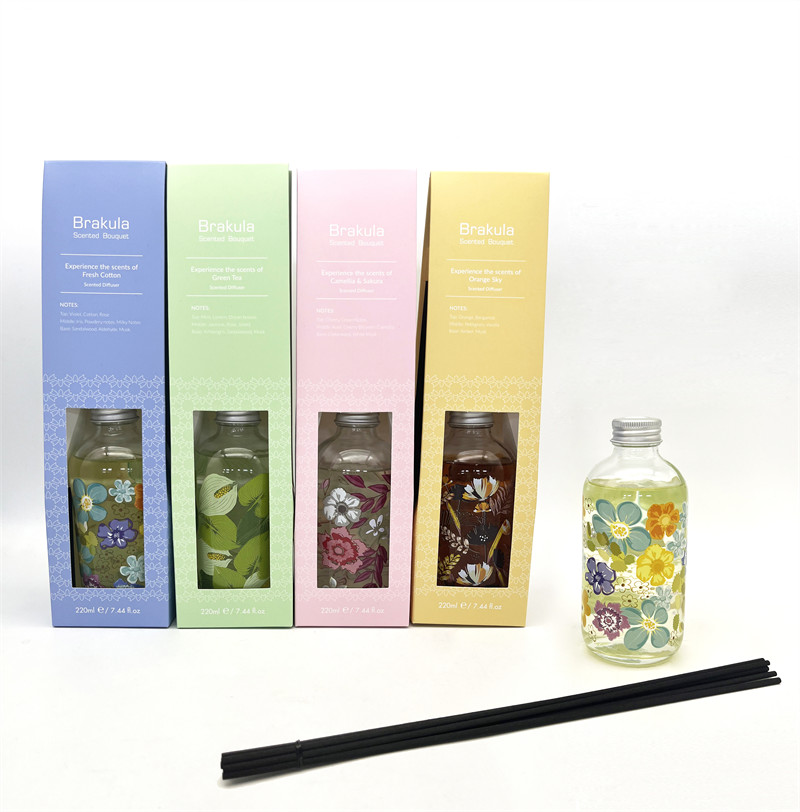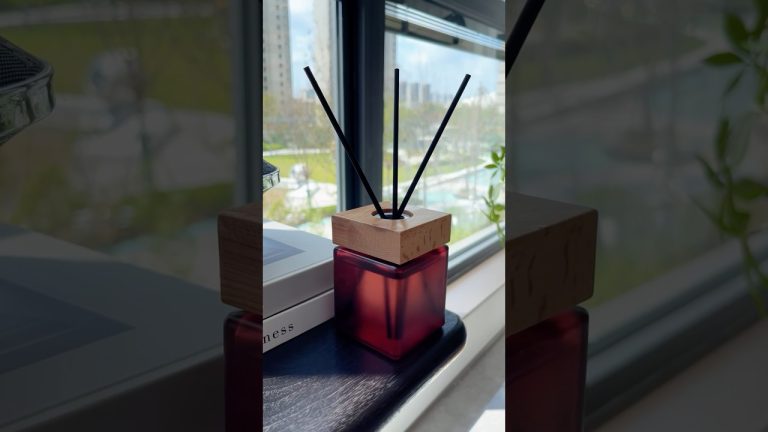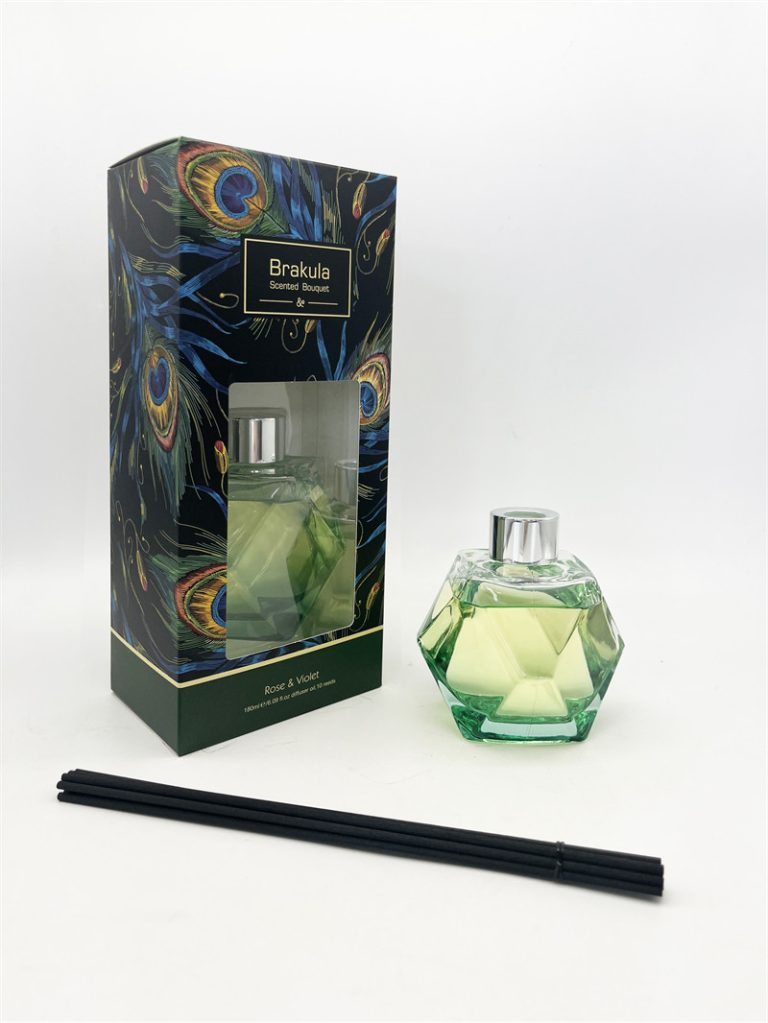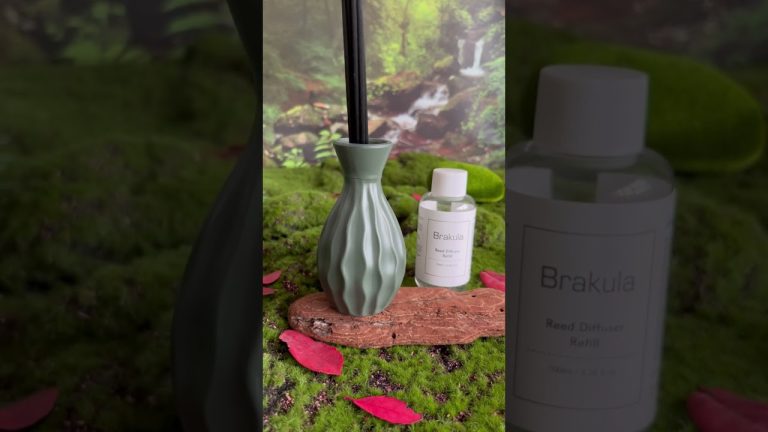Table of Contents
Benefits of Using Essential Oils for Anxiety Relief
The use of essential oils for anxiety relief has gained significant attention in recent years, as individuals seek natural alternatives to manage their mental health. Essential oils, derived from various plants, are concentrated extracts that capture the plant’s aromatic compounds. These oils are often used in aromatherapy, a practice that involves inhaling the scents or applying the oils topically to promote physical and emotional well-being. The potential benefits of essential oils for alleviating anxiety are rooted in both their chemical properties and the psychological effects of scent.
One of the primary advantages of using essential oils for anxiety relief is their ability to influence the brain’s limbic system, which is responsible for emotions and memory. When inhaled, the aromatic molecules in essential oils can stimulate the olfactory receptors in the nasal cavity, sending signals to the limbic system. This interaction can lead to a reduction in stress and anxiety levels. For instance, lavender essential oil is widely recognized for its calming properties. Research has shown that inhaling lavender can lower heart rate and blood pressure, creating a sense of relaxation that may help alleviate feelings of anxiety.
https://reedaromalab.com/tag/affordable-air-freshener-china-wholesalers
In addition to lavender, other essential oils such as chamomile, bergamot, and ylang-ylang have also been studied for their anxiolytic effects. Chamomile, known for its soothing qualities, has been shown to reduce symptoms of generalized anxiety disorder. Similarly, bergamot oil, derived from the rind of bergamot oranges, has been found to decrease anxiety levels and improve mood. Ylang-ylang, with its sweet floral scent, is believed to promote relaxation and reduce stress, making it a popular choice for those seeking emotional balance.
hotel fragrance
Moreover, the versatility of essential oils allows for various methods of application, enhancing their accessibility and effectiveness. Diffusing essential oils in a room can create a calming atmosphere, making it easier for individuals to unwind and reduce anxiety. Alternatively, topical application, when diluted with a carrier oil, can provide localized relief and promote a sense of grounding. This adaptability makes essential oils a practical option for individuals looking to incorporate natural remedies into their daily routines.
Furthermore, the ritualistic aspect of using essential oils can also contribute to their effectiveness in managing anxiety. Engaging in self-care practices, such as diffusing oils during meditation or applying them during a warm bath, can create a mindful experience that fosters relaxation. This intentionality can help individuals develop a greater awareness of their emotional state, allowing them to address anxiety more effectively.

It is important to note that while essential oils can be beneficial, they should not be viewed as a standalone treatment for anxiety disorders. Instead, they can serve as a complementary approach alongside traditional therapies, such as cognitive-behavioral therapy or medication. Consulting with a healthcare professional before incorporating essential oils into an anxiety management plan is advisable, as individual responses to these oils can vary.
In conclusion, the benefits of using essential oils for anxiety relief are multifaceted, encompassing both physiological and psychological dimensions. Their ability to interact with the brain’s emotional centers, combined with their versatility and the ritualistic practices associated with their use, makes essential oils a valuable tool for many individuals seeking to manage anxiety. As research continues to explore the efficacy of these natural remedies, essential oils may play an increasingly prominent role in holistic approaches to mental health care.
Top Essential Oils for Managing Anxiety
Anxiety is a common mental health condition that affects millions of people worldwide. It can manifest in various ways, such as excessive worry, restlessness, and difficulty concentrating. While there are many treatment options available for anxiety, some individuals are turning to alternative remedies like essential oils to help manage their symptoms.
Essential oils are concentrated plant extracts that have been used for centuries for their therapeutic properties. They are often used in aromatherapy, a practice that involves inhaling the scent of the oils to promote relaxation and improve overall well-being. While essential oils are not a cure for anxiety, many people find that they can help alleviate some of the symptoms associated with the condition.
| Product Name | Indoor Aromatherapy |
| Material | Metal |
| Suitable for | Basement |
| Scents | Grape, Fig & Cassis |
| Capacity | 100ml |
| Color | Green |
| Origin | China Supplier |
| Duration | 90-120days |
One of the most popular essential oils for managing anxiety is lavender. Lavender oil is known for its calming and soothing properties, making it an excellent choice for those looking to reduce stress and promote relaxation. Research has shown that inhaling lavender oil can help lower heart rate and blood pressure, which are often elevated during times of stress and anxiety.
Another essential oil that is commonly used for anxiety is chamomile. Chamomile oil has a sweet, floral scent that is known for its calming effects on the mind and body. It is often used to promote relaxation and improve sleep, both of which can be beneficial for those struggling with anxiety. Some studies have shown that chamomile oil can help reduce symptoms of anxiety and depression when used regularly.
Bergamot oil is another essential oil that is often recommended for managing anxiety. Bergamot has a citrusy, uplifting scent that can help improve mood and reduce feelings of stress and tension. Research has shown that inhaling bergamot oil can help lower cortisol levels, a hormone that is often elevated in individuals with anxiety disorders.
Ylang ylang oil is a floral-scented essential oil that is known for its calming and sedative properties. It is often used to promote relaxation and reduce feelings of anxiety and stress. Some studies have shown that ylang ylang oil can help lower heart rate and blood pressure, making it a useful tool for managing anxiety symptoms.
Finally, frankincense oil is another essential oil that is commonly used for anxiety. Frankincense has a warm, woody scent that is known for its grounding and calming effects. It is often used to promote relaxation and reduce feelings of anxiety and depression. Some research has shown that inhaling frankincense oil can help reduce symptoms of anxiety and improve overall well-being.
In conclusion, essential oils can be a helpful tool for managing anxiety symptoms. While they are not a cure for the condition, many people find that using essential oils can help promote relaxation, reduce stress, and improve overall well-being. If you are considering using essential oils for anxiety, it is important to choose high-quality oils and consult with a healthcare professional to ensure they are safe for you to use. With the right essential oils and proper guidance, you may find relief from your anxiety symptoms and improve your quality of life.
How to Incorporate Essential Oils into Your Anxiety Management Routine
Anxiety is a common mental health issue that affects millions of people worldwide. It can manifest in various ways, such as excessive worry, restlessness, and difficulty concentrating. While there are many treatment options available for anxiety, some individuals are turning to alternative remedies, such as essential oils, to help manage their symptoms.
Essential oils are concentrated plant extracts that have been used for centuries for their therapeutic properties. They are believed to have a range of health benefits, including reducing stress and anxiety. While essential oils are not a cure for anxiety, they can be a helpful tool in managing symptoms and promoting relaxation.
One of the most popular essential oils for anxiety is lavender. Lavender oil is known for its calming and soothing properties, making it an excellent choice for those looking to reduce stress and promote relaxation. Research has shown that inhaling lavender oil can help lower anxiety levels and improve mood.
Another essential oil that is commonly used for anxiety is chamomile. Chamomile oil has a mild sedative effect, which can help promote relaxation and reduce feelings of nervousness. It is often used in aromatherapy to help calm the mind and body.
Incorporating essential oils into your anxiety management routine can be a simple and effective way to promote relaxation and reduce stress. There are several ways to use essential oils, including diffusing them in a room, applying them topically, or inhaling them directly from the bottle.
One of the easiest ways to use essential oils for anxiety is through aromatherapy. Aromatherapy involves inhaling the scent of essential oils to promote relaxation and reduce stress. You can use a diffuser to disperse the oil into the air, creating a calming atmosphere in your home or office.
Another way to incorporate essential oils into your anxiety management routine is by applying them topically. You can dilute essential oils with a carrier oil, such as coconut or jojoba oil, and apply them to your skin. This method allows the oils to be absorbed into your bloodstream, providing a more immediate calming effect.
If you are feeling anxious while on the go, you can also inhale essential oils directly from the bottle. Simply open the bottle and take a few deep breaths to inhale the scent. This can help promote relaxation and reduce feelings of stress in a quick and convenient way.
It is important to note that essential oils are not a substitute for professional medical treatment. If you are experiencing severe anxiety symptoms, it is important to seek help from a mental health professional. However, incorporating essential oils into your anxiety management routine can be a helpful complement to traditional treatments.
In conclusion, essential oils can be a valuable tool in managing anxiety and promoting relaxation. By incorporating essential oils into your daily routine, you can create a calming environment that helps reduce stress and improve your overall well-being. Whether you choose to diffuse them, apply them topically, or inhale them directly, essential oils can be a simple and effective way to ease anxiety and promote relaxation.





